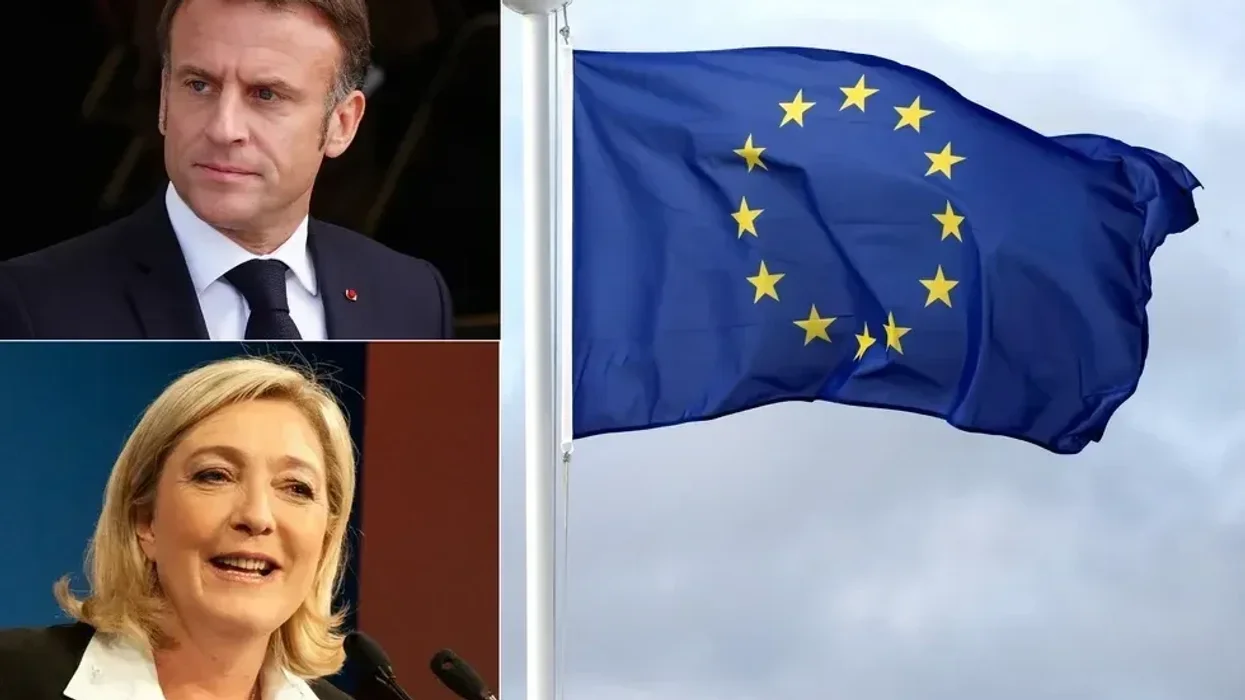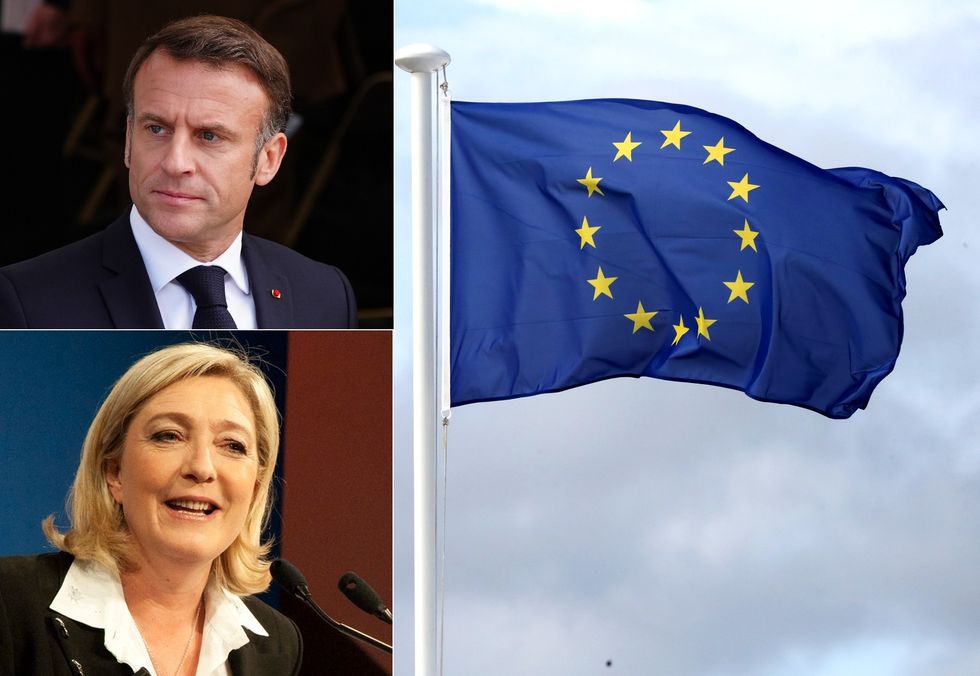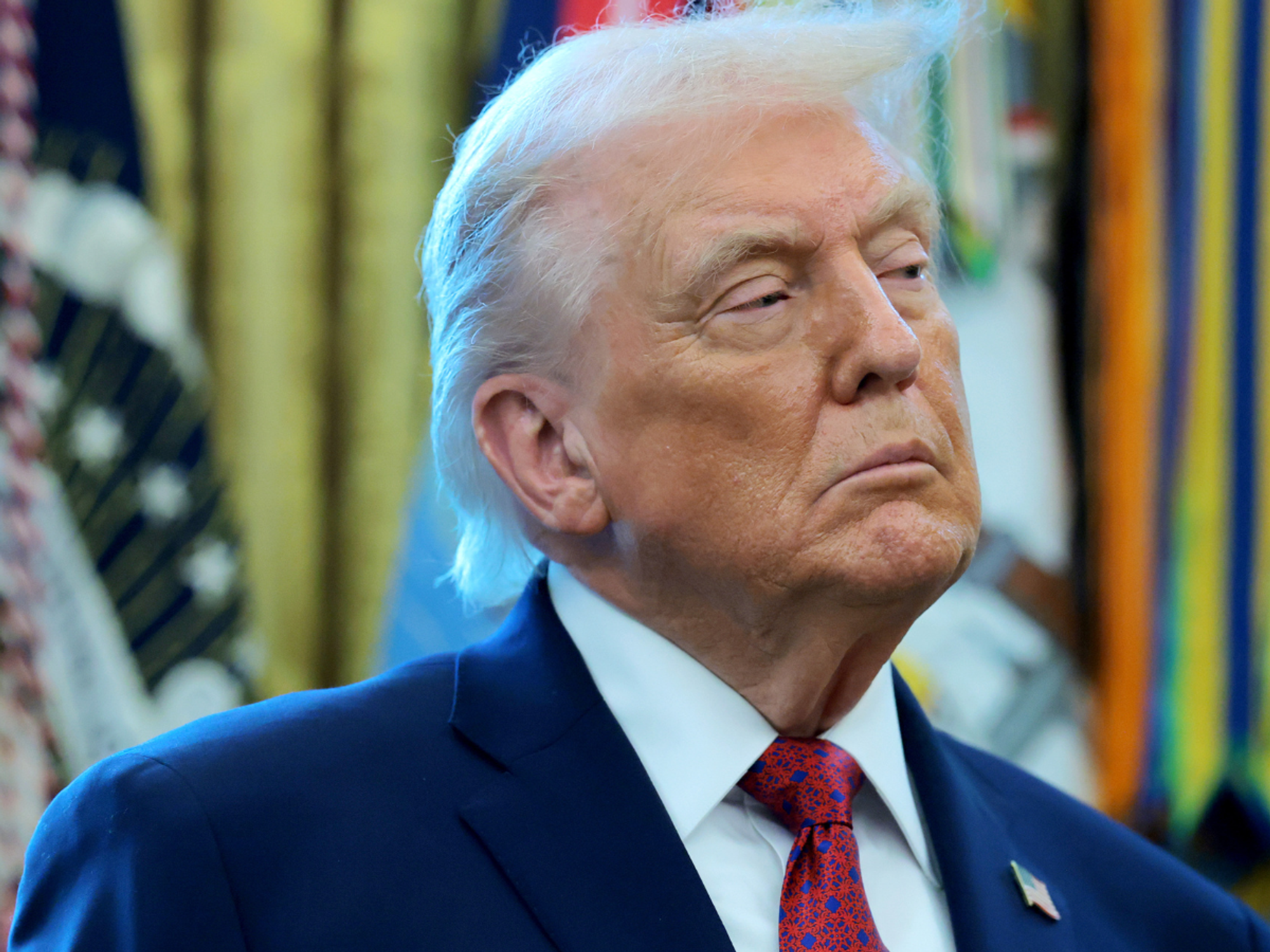The EU election results could shake the foundations of Brussels - analysis by Millie Cooke

The EU elections, held over the weekend, saw a surge in support for right wing parties, while liberals and greens suffered a bruising result
|PA

If hard-right parties were to form a single group, it would make up the second largest force in Parliament, behind the traditionally dominant European People’s Party
Don't Miss
Most Read
The EU elections, held over the weekend, saw a surge in support for right-wing parties, while liberals and greens suffered a bruising result.
Hard-right parties, most of whom campaigned on a platform of Euroscepticism, held almost a quarter of the seats.
Alternative for Germany (AfD) stormed to second place, making gains in particular among the young.
While pro-European centre-right, centre-left, liberal and Green parties will retain a majority of 460 seats, the majority slimmed down compared to their 488 in the outgoing chamber of 705 deputies.

The EU elections, held over the weekend, saw a surge in support for right-wing parties, while liberals and greens suffered a bruising result
|PA
If the far right were to form a single group, it would make up the second largest force in Parliament, behind the traditionally dominant European People’s Party.
Europe's Green parties in particular suffered heavy losses, subsiding to 53 deputies from 71 in the outgoing parliament.
Significantly, the centre-right European People’s Party (EPP) scored a clear victory, tightening its grip on the chamber. The party is on track to have around 184 lawmakers in Parliament, - a quarter of the seats, provision data shows.
It is the only centrist party to have grown in the election.
While, as a centrist party, the EPP is not a threat to the integrity of the European Union - from their strengtehened position, the party will drive the EU agenda towards the right. And with an expanded base for hard-right parties, they could find themselves in a position of collaboration with parties like the AfD.
Although the EPP will be cautious not to alienate centrist parties like the socialists and liberals - with whom it is likely to engage in a coalition - there is also a chance the EPP could negotiate a working relaitonship on certain issues with parties further to the right. Such a deal would serve to strengthen the power far-right parties.
While many expected the outcome of the EU elections as unlikely to have much of a drastic impact on the EU's central policy, as that is primarily decided on a national level - this may not be the case this time around.
France, an EU big hitter led by Liberal Macron, called a snap election in the wake of exit polls giving Marine Le Pen's Rassemblement National more than double the vote share of the President's centrist alliance.
The high-risk gamble is an attempt by Macron to regain control of the electorate. He is gambling on the idea that voters will demonstrate that Marine Le Pen's National Rally is unable to win at a national level.
If Le Pen won the election, she would be president of the world's seventh-largest economy.
A victory in the French elections would have stark impacts for the EU - with France suddenly prioritising national interests over collaboration.
She welcomed Macron's decision to call the election, and warned that the results of the EU elections should send a message to Brussels and "put an end to this painful epoch of globalism".
She said: "Tonight’s message, including that of dissolution, is also addressed to the leaders of Brussels,” she said. “This great victory for patriotic movements is in line with the direction of history, which is seeing throughout the world the return of nations."
Not only has Le Pen promised to withdraw from Nato's integrated military command, she has also vowed to challenge the authority of the EU executive - something she once called to be scrapped.
It is clear that on both an EU and a national level - the elections have made waves. And if the result is replicated on a national level in France, it could shake the foundations of Brussels too.










